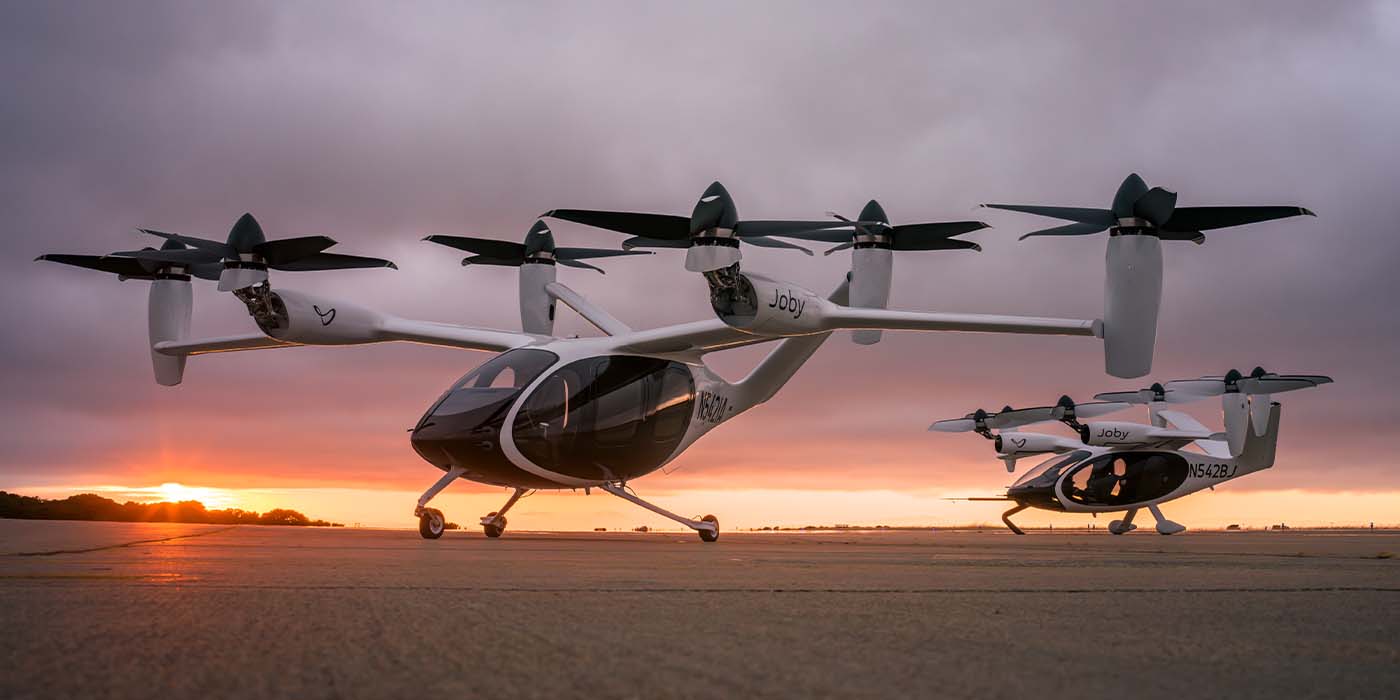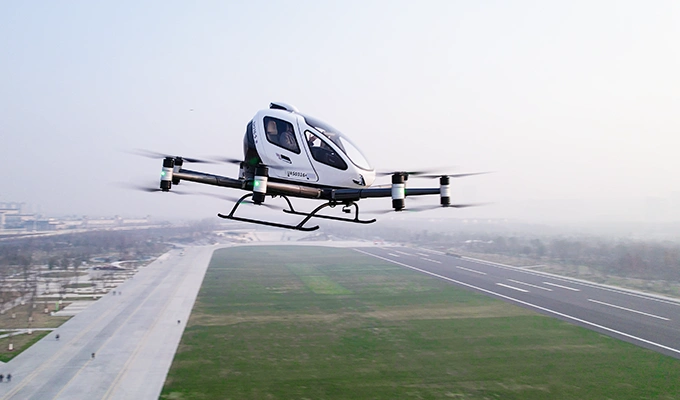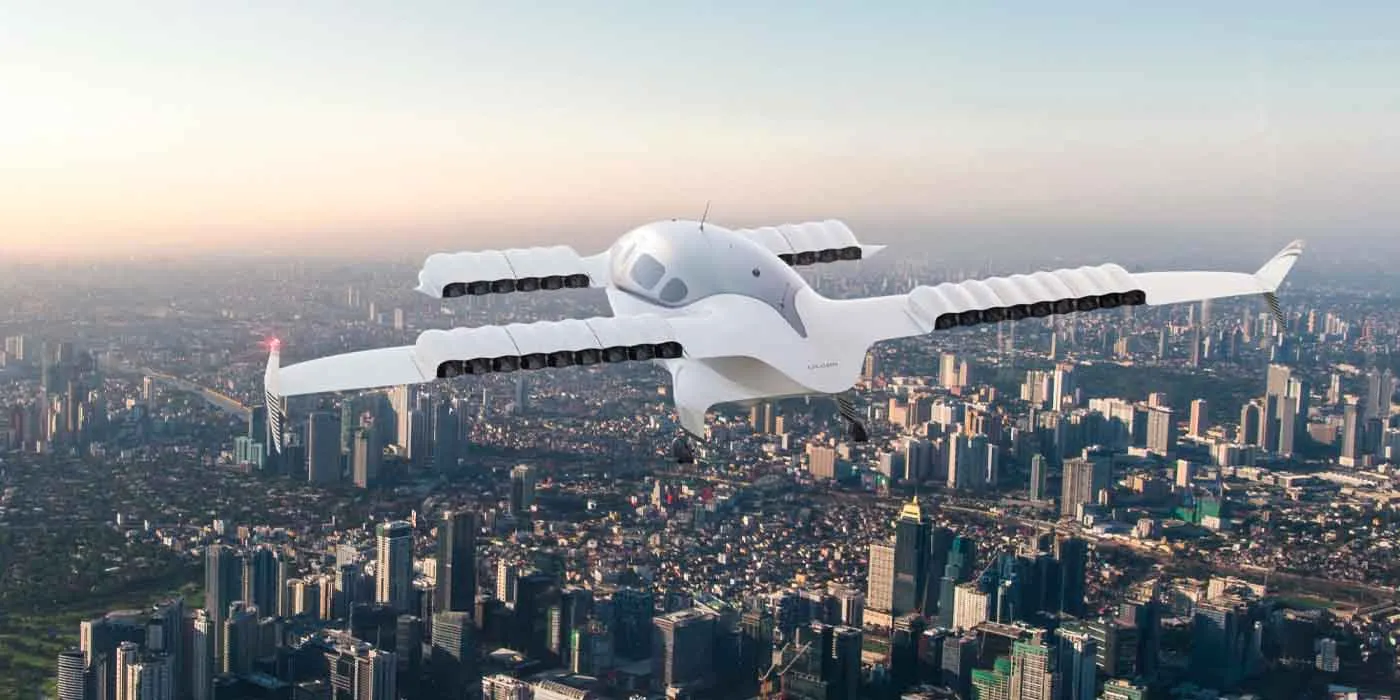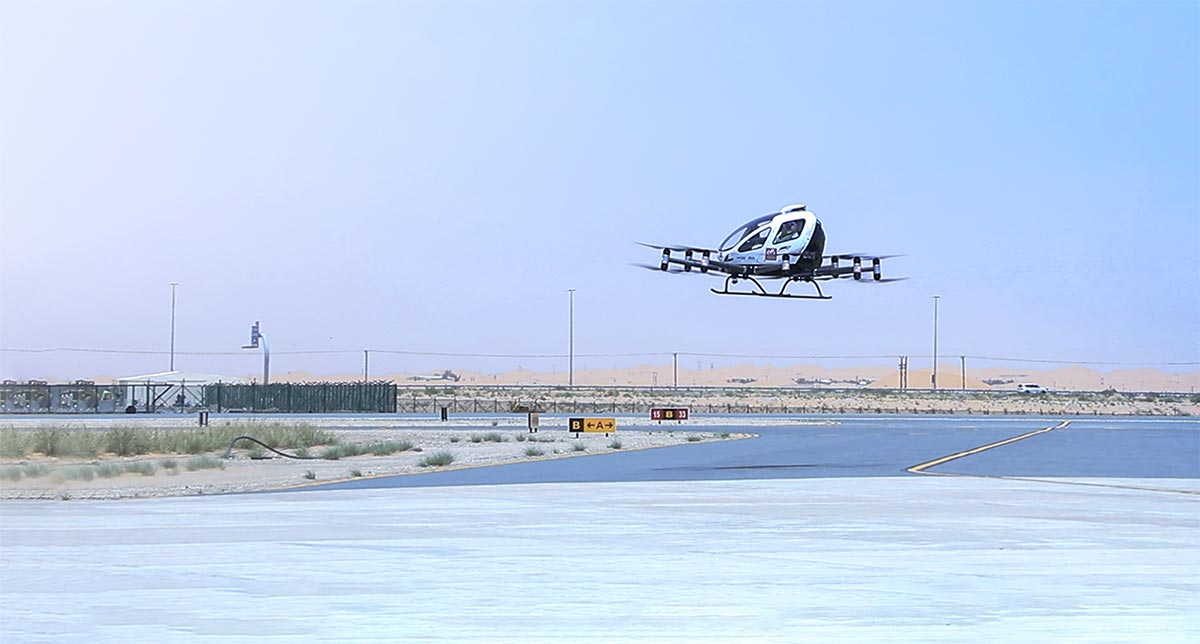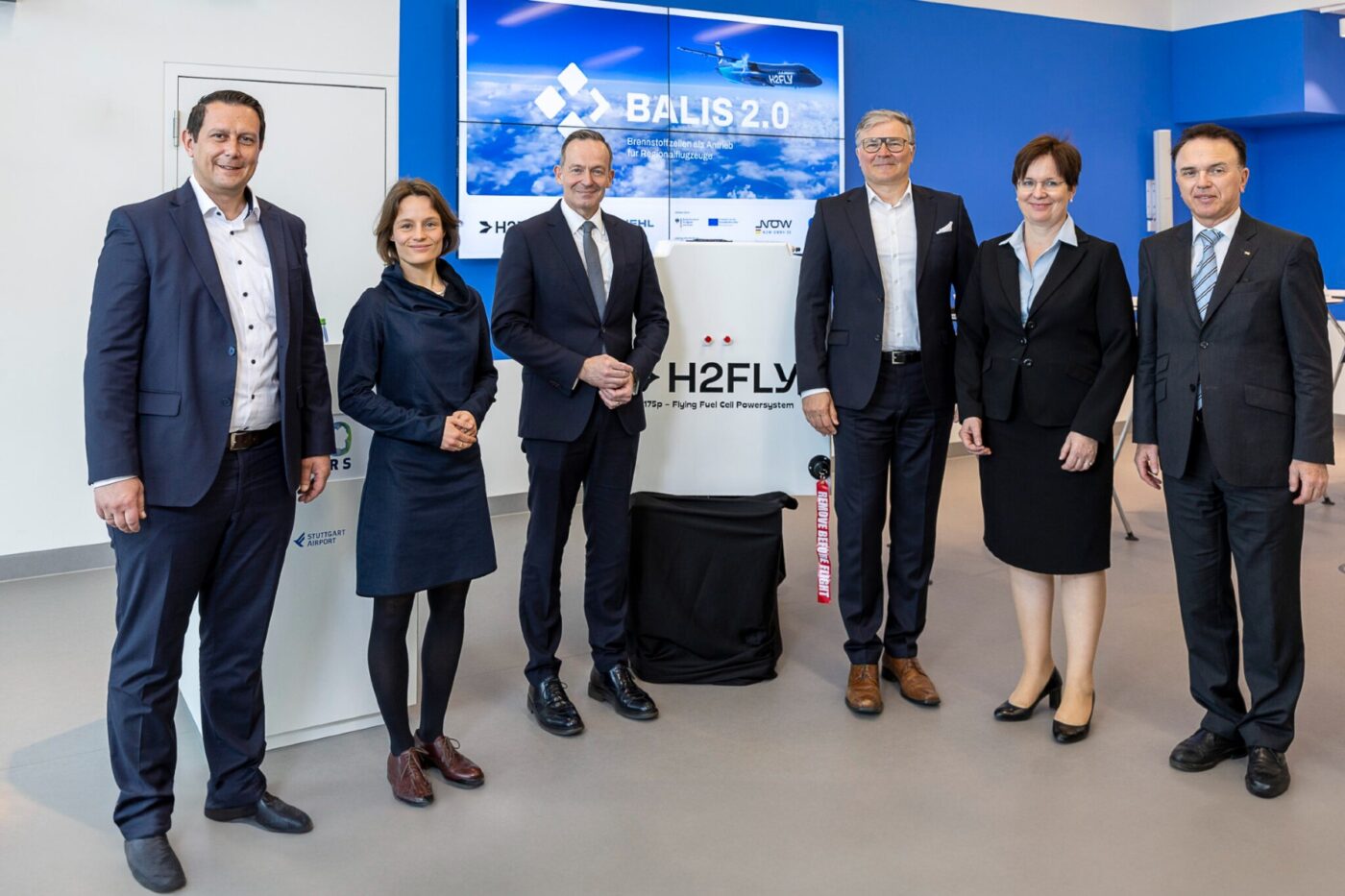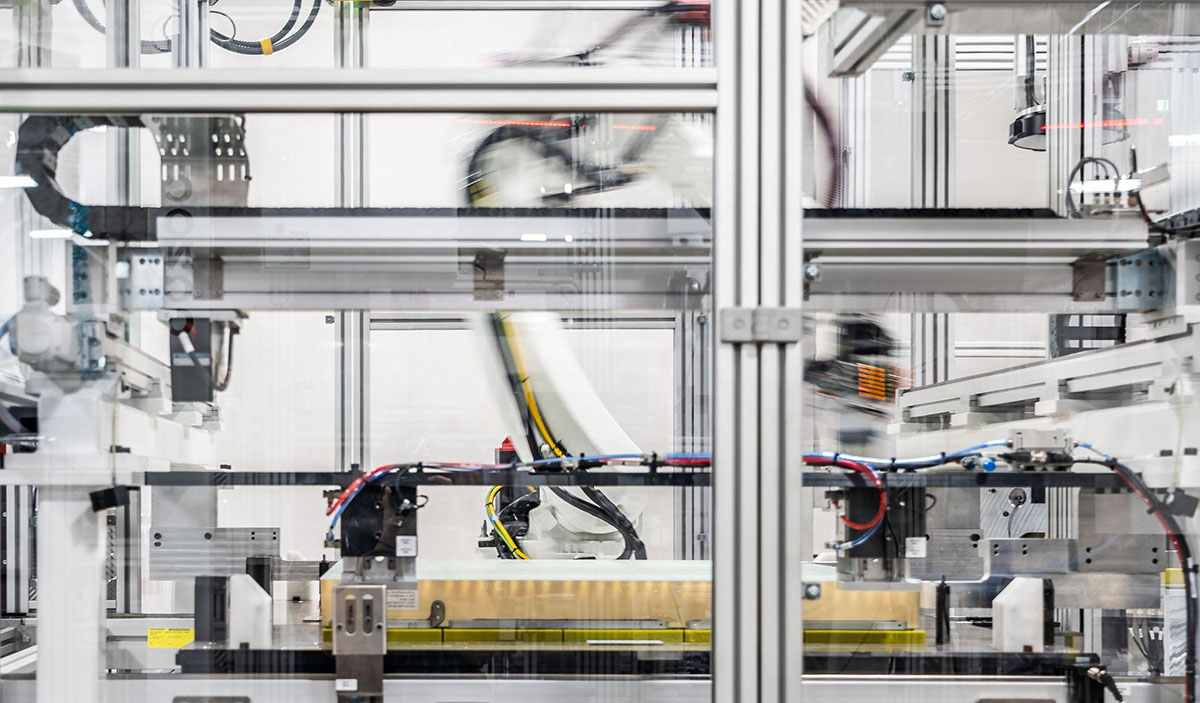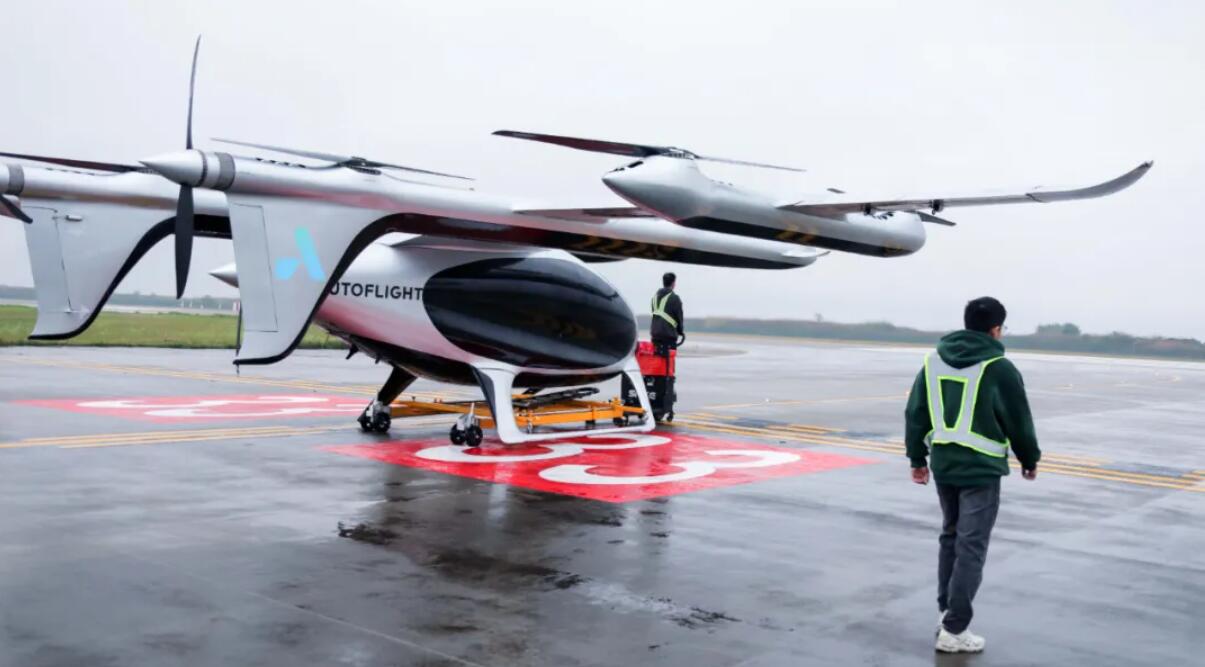Joby Aviation has announced the completion of testing for its pre-production aircraft. The company is now set to pursue airworthiness certification using its production-intent eVTOL prototypes.
Joby Aviation has emerged as a prominent player in the advanced air mobility (AAM) market, with its pioneering efforts in eVTOL technology. The company achieved a major milestone in October 2023, conducting its first flight with a pilot onboard, followed by a live demonstration in New York City. It is on track to commence full-fledged air taxi operations by 2025.
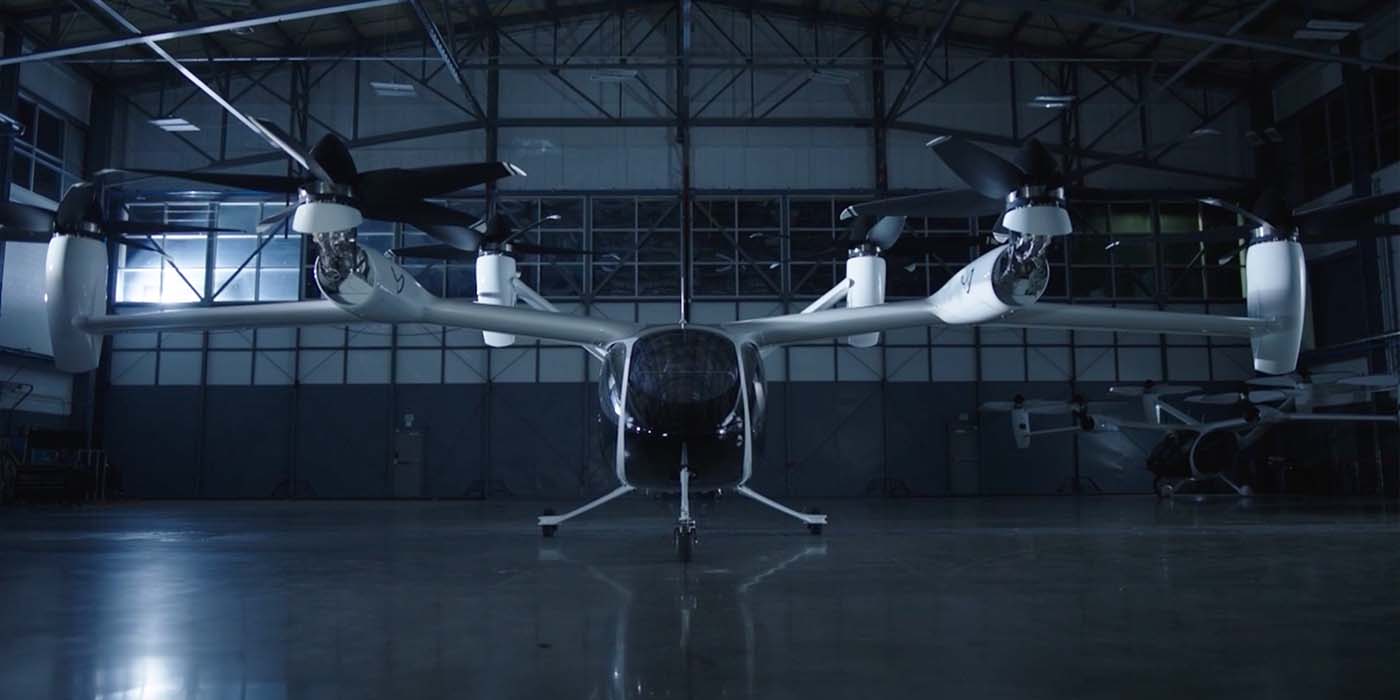
Following substantial initial funding and a grant in California, Joby has been actively establishing its eVTOL production capabilities in the United States. The company has completed testing with pre-production eVTOL models, culminating in over 1,500 combined flights and more than 33,000 miles of air travel.
Notably, over 100 of these flights were conducted with a human pilot onboard, a crucial step towards future flight certification and eventual commercial air taxi operations. JoeBen Bevirt, the founder and CEO of Joby Aviation, emphasized the significance of this milestone for the company and the AAM industry:
“Over the course of this test program, our team has shown the world how real electric air taxis are, with tens of thousands of miles flown using today’s battery technology. Successfully completing this rigorous test program has allowed us to proceed to ramp production with full confidence.”
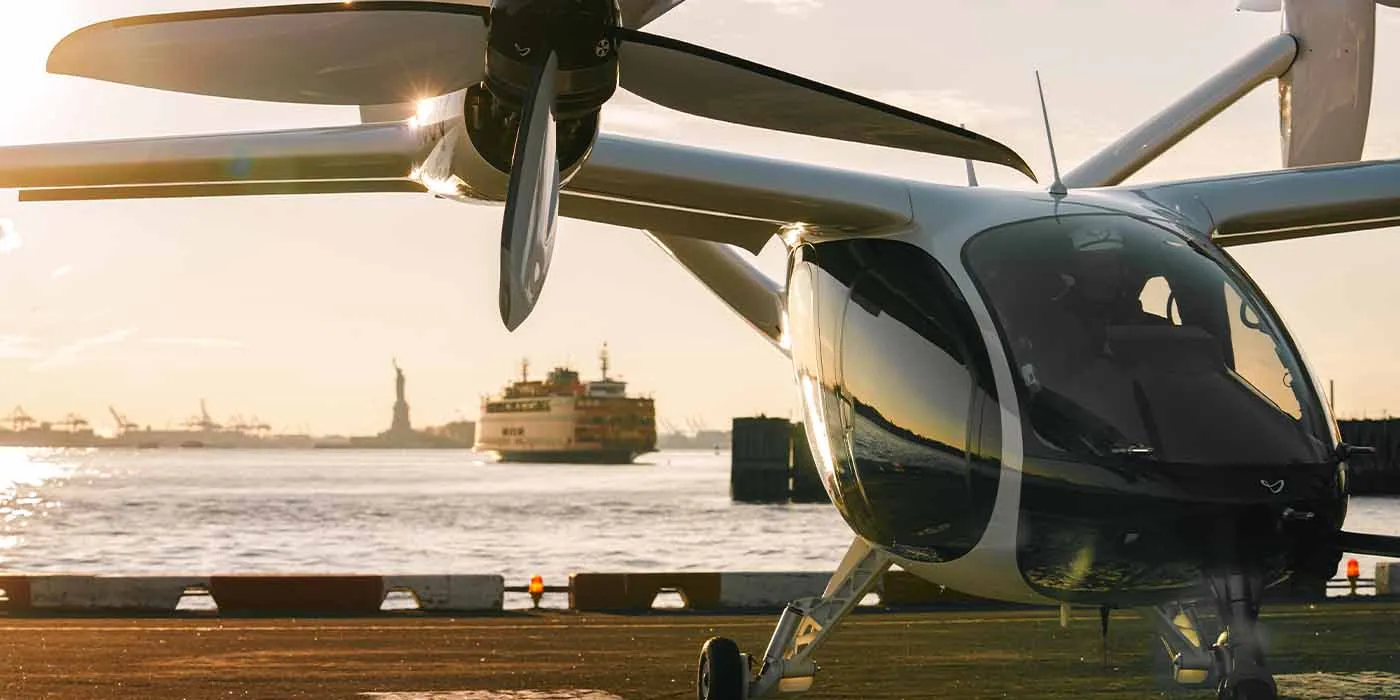
Joby Aviation’s pre-production aircraft represent the second full-scale generation of its design, meeting or exceeding performance predictions. They have demonstrated maximum range, speed, and a revolutionary acoustic footprint, paving the way for future certification and commercial operations.
With pre-production prototype testing now concluded, Joby will shift its focus to flights using its production prototypes, as it progresses towards full-fledged commercial airworthiness certification. Joby’s eVTOL air taxis are designed to transport a pilot and four passengers at speeds of up to 200 mph, with a range exceeding 150 miles on a single charge, all while significantly reducing noise pollution compared to helicopters and emitting zero emissions.

